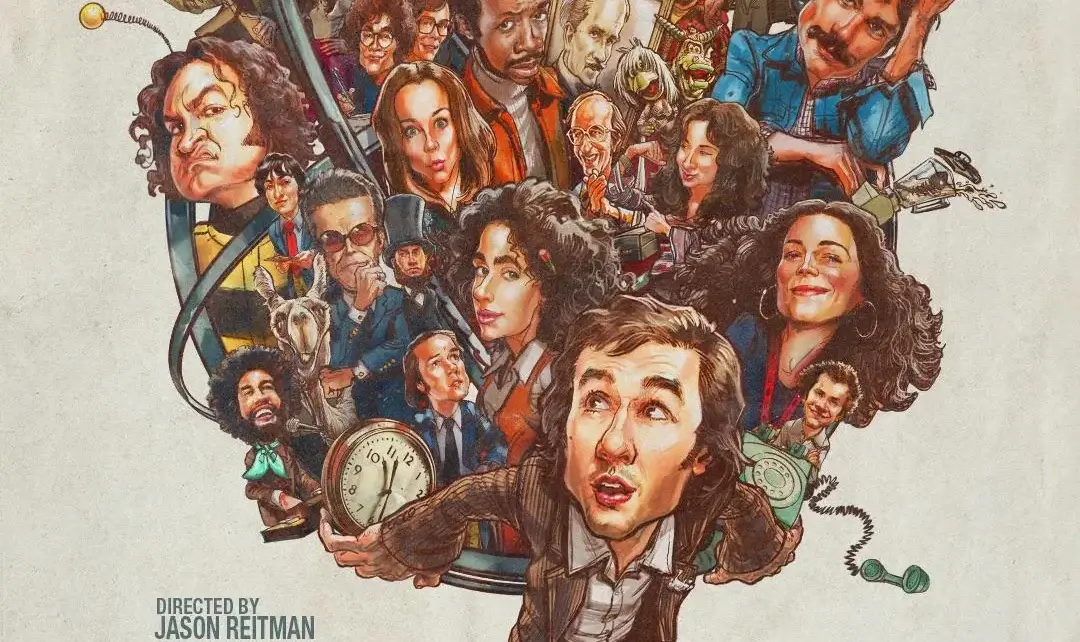“Art is about a measure of sacrifice and tears,” a quote that hits home for many dreamers in different stages of their creative journeys. Jason Reitman’s “Saturday Night” is a prime example of this. A film that follows the opening night of the well-known “Saturday Night Live” explores much more than the antics that went into the pilot’s premiere. “Saturday Night” depicts a piece of entertainment history and the work that goes into pursuing one’s dreams.
I have never been a fan of “Saturday Night Live.” I find their skits dry and cast not important enough to tune in. But “Saturday Night” was the opposite of that, the dialogue was rich and its fast-paced tempo kept me hooked from its opening scene. Although Gil Kenan and Reitman’s writing at times contained cringe remakes and unnatural responses, it was undoubtedly laugh-out-loud funny. Causing eruptions of laughter in the dull Monmouth Mall movie theater.
The movie flows beautifully through its two-hour mark, and this is credited to its swiftness through its writing and Shane Reid and Nathan Orloff’s editing. The scenes and dialogue are quick, yet informative. The scenes transition into each other so seamlessly, immersing the audience more into the night’s anxiety and chaos as each minute passes. Audiences are able to know so much about each character in such a short period of time.
Danny Glicker’s costume design did not pay homage to the original episode but rather copied it gorgeously. The costumes used for certain skits were perfectly credited to the original episode and the crew member’s 1970s wardrobe, as well as the 20-person makeup and hair stylist team, transported viewers effectively into the time period.
This ensemble cast, cast by John Papsidera, was amazing to watch. The names coming across the screen consisted of some of cinema’s greats, such as Willem Dafoe and J.K. Simmons, but mostly contained some of the industry’s new faces and youth, just what “Saturday Night Live” set out to do in 1975. Some new, yet familiar, faces included Dylan O’Brien, Lamorne Morris, Ella Hunt, Andrew Barth Feldman, Nicholas Braun, and so many more. This stunning cast was led by Gabriel LaBelle quite impressively. LaBelle took charge and exhibited the confidence of a 20-something-year-old set to run a live TV show that was falling apart in front of his eyes. He did his job, and he did it quite well. Some of the other standout performances went to Rachel Sennot for her portrayal of Rosie Shuster. Sennot always knows how to take charge of a scene and her natural humor shines through every character she plays. As well as Sennot, Cooper Hoffman stole every scene he was in for his portrayal of Dick Ebersol. Hoffman is just so charming and I can’t help but be drawn to him in every scene he is in. He is truly a new gem in this industry and I can’t wait to see how his career takes off. Nepotism aside, he is truly going to be a star.
At its core, “Saturday Night” is about a group of 20-year-olds with a dream. A dream to change television and create a program for the new generation, made by the new generation. The film explores passions, finding purpose, pride, and the importance of faith and trust. It urges audiences to be proud of their dreams, despite what other generations may think about them.




